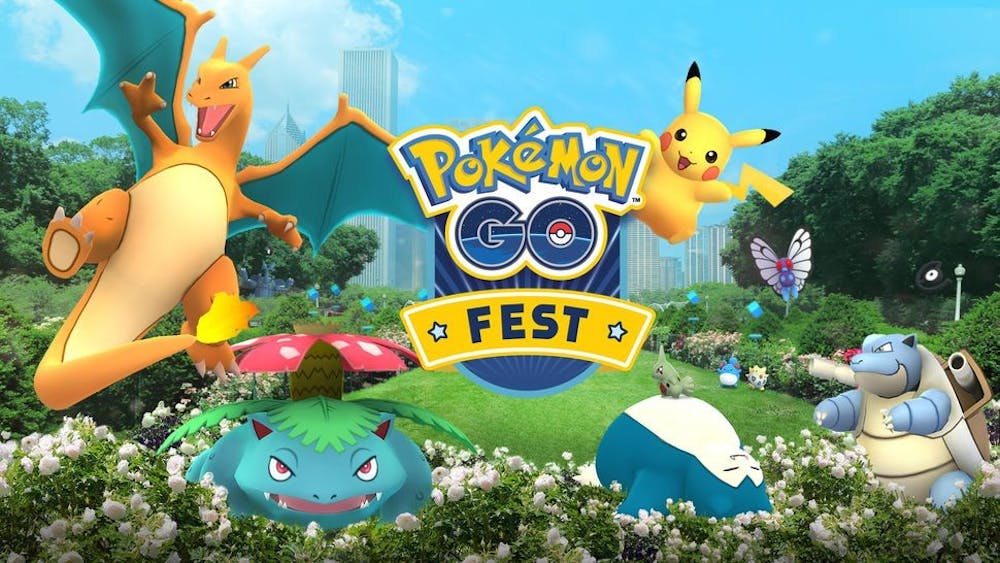Mobile game developer Niantic had a pretty rough time trying to get their Pokemon Go Festival off the ground last weekend in Chicago. Tickets sold out almost immediately for the event that was to be held in Grant Park in downtown Chicago last Saturday. However, problems arose quickly after the event started.
Once a large amount players entered the park trying to use their GPS and data plans to catch legendary pokemon, cell networks were quickly overloaded. Players gathered around the announcement stage that had been set up in the park, eager to voice their displeasure at those organizing the event. As the CEO of Niantic took the stage to address some early problems attendees were facing, the crowd started chants of, “We can’t play” amid the rampant booing.
Despite having refunded attendees the price of admission for their catastrophic Chicago Pokemon Go Festival, some are saying that Niantic has not done enough to compensate fans who had to travel to the event from out of state. Niantic reimbursed festival goers the $20 ticket price and $100 worth of in-game currency, but with many having to pay for travel and hotel expenses to attend the event, many believe that Niantic owes its fans more. So much more that a class action lawsuit has been started, with dozens alleging that Niantic has not done its due diligence.
According to the plaintiffs, Niantic violated the Illinois Consumer Fraud Act as well as other consumer protection laws in California, where Jonathan Norton, the man on whom the lawsuit was originally being brought against Niantic, travelled from to attend the event. The suit hinges on the claim that the promotions for Pokemon Go Festival were misleading, as many of the promises that enticed players of the mobile game were left unfulfilled.
This is a broad overview of the law in question, Illinois’ Consumer Fraud and Deceptive Business Practices Act:
“Unfair methods of competition and unfair or deceptive acts or practices, including but not limited to the use or employment of any deception fraud, false pretense, false promise, misrepresentation or the concealment, suppression or omission of any material fact, with intent that others rely upon the concealment, suppression or omission of such material fact… in the conduct of any trade or commerce are hereby declared unlawful whether any person has in fact been misled, deceived or damaged thereby."
The plaintiffs argue that since Niantic has plans to hold similar events abroad in Japan and Europe, they, as devoted fans of the game, may attend those events. Since this is the case, they are hoping to legally require Niantic to safeguard their future events against the troubles that plagued their Chicago event so thoroughly as to make the game unplayable.
Sources: Chicago-Sun Times, Illinois General Assembly
Image: Cnet
For more entertainment related content, visit us at Byte Bsu!




















